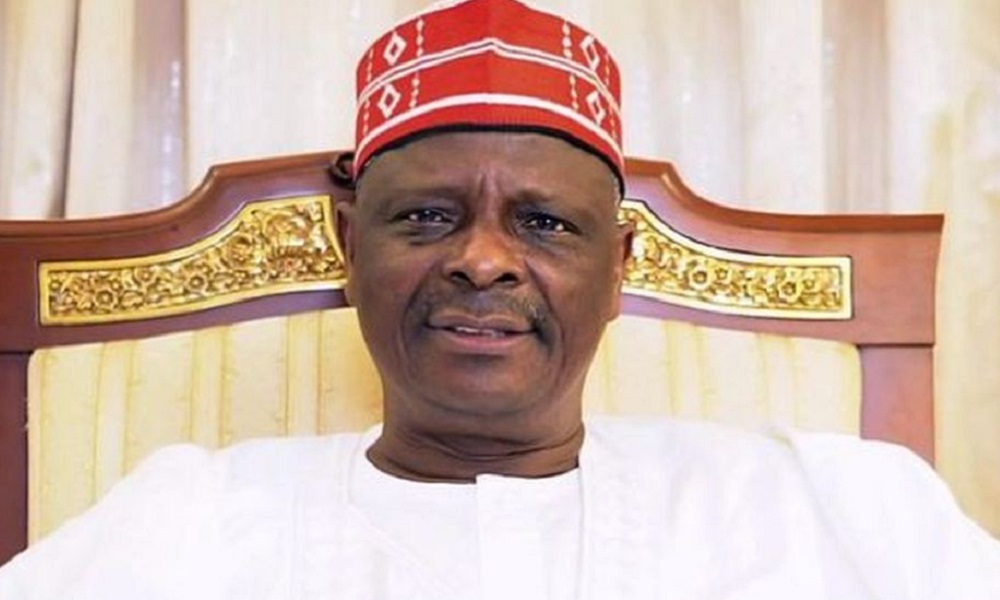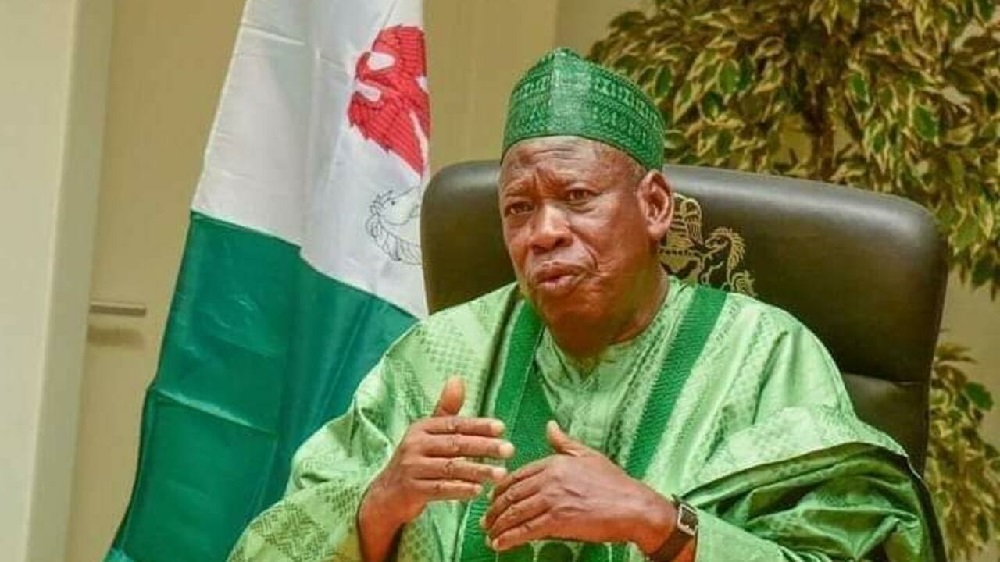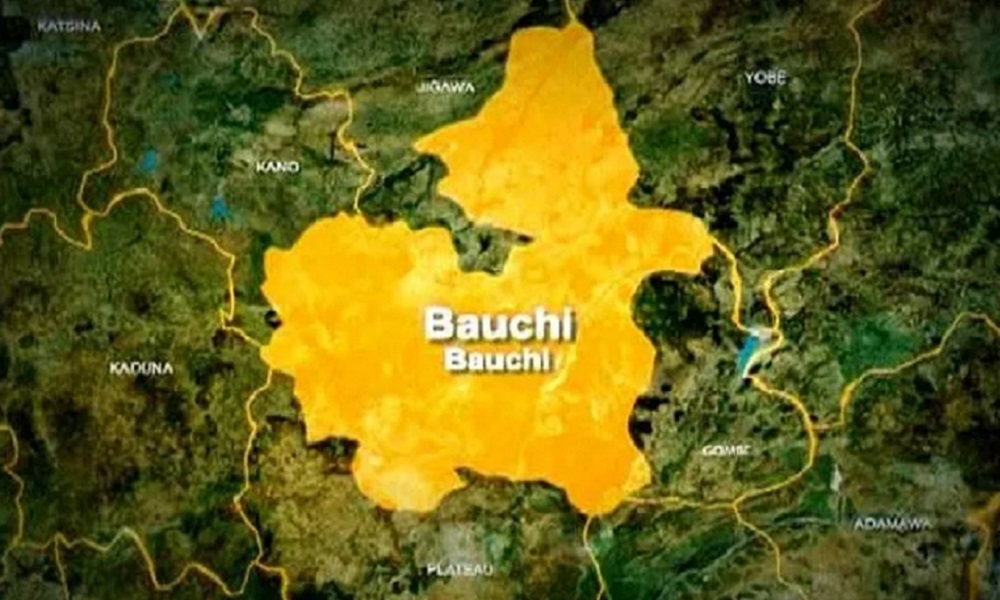News
Petrol Prices in Nigeria: Landing Cost Drops Amid Global Oil Fluctuations

The landing cost of Premium Motor Spirit (PMS), commonly known as petrol, has fallen to N981 per litre, according to recent data from the Major Energies Marketers Association of Nigeria (MEMAN).
This marks a significant decrease from the previous cost of approximately N1,130 per litre as of September 25, 2024, primarily driven by a decline in global crude oil prices.
Global Crude Oil Prices Influence Petrol Costs
Recent fluctuations in crude oil prices have had a direct impact on the cost of refined petroleum products in Nigeria. Brent crude, the global benchmark, traded at $71.41 per barrel on Thursday, down from $73.46 the previous day. In August 2024, the average price was around $80.36 per barrel, but has since fluctuated between $70 and $75 per barrel due to lower oil demand in China and expectations of increased production from the Organisation of Petroleum Exporting Countries (OPEC).
Increase in Petrol Imports Amid Local Production
Despite the decrease in landing costs, petrol pump prices in Nigeria have seen an increase. Major oil marketers have begun importing petrol following recent deregulation in the downstream oil sector, with three major marketers confirming the arrival of vessels carrying approximately 141 million litres of PMS. This shift comes as the Dangote Petroleum Refinery ramps up local petrol production after decades of reliance on imports.
Regional Variations in Petrol Pricing
According to MEMAN, the average ex-depot price of petrol varies across Nigeria. In Lagos, it ranges between N865 and N1,200, while in Calabar, it is between N980 and N1,400, and in Port Harcourt, it falls between N1,200 and N1,400. Diesel prices have also seen changes, now averaging N1,089 per litre, with aviation fuel priced at N1,117.34.
Implications of Pricing Negotiations
The Nigerian National Petroleum Company (NNPC) has faced scrutiny over its pricing strategy, especially following the unveiling of locally-produced fuel by Dangote. The NNPC announced that it would sell petrol lifted from the Dangote refinery at prices exceeding N1,000 per litre in northern states, with varying prices across the country. Despite negotiations, pricing remains market-driven, as explained by NNPC’s Executive Vice President, Dapo Segun.
Future Outlook
With the impending commencement of naira crude sales on October 1, 2024, there is optimism among Nigerians that petrol prices may stabilize further. As the market continues to evolve, consumers are hopeful for a reduction in petrol costs, benefiting from both local production and imported supplies.
Overview of Nigeria’s Oil Sector
Nigeria is one of Africa’s largest oil producers and has a significant role in the global oil market. The country’s economy is heavily reliant on oil exports, which account for a large portion of government revenue and foreign exchange earnings. However, Nigeria has faced numerous challenges, including fluctuating global oil prices, inadequate refinery capacity, and currency instability.
Recent Developments in Petrol Pricing
1. **Landing Cost Reduction**: The recent drop in the landing cost of petrol to N981 per litre is a significant development, especially as it was previously over N1,130. This reduction is attributed to a decrease in global crude oil prices, which have fluctuated due to various factors, including demand changes and OPEC production decisions.
2. **Impact of Global Oil Prices**: The Brent crude oil price has been volatile, affecting local petrol prices directly. When global oil prices decrease, it typically leads to lower landing costs for imported fuel. Conversely, increases in prices can trigger higher consumer prices domestically.
3. **Deregulation and Imports**: The Nigerian government has recently deregulated the downstream oil sector, allowing private marketers to import petrol. This move aims to foster competition and stabilize supply. Major oil marketers have begun importing petrol, which is essential for meeting local demand, especially as local refineries ramp up production.
4. **Local Refinery Operations**: The Dangote Petroleum Refinery, one of the largest in Africa, has recently started producing petrol. This is a pivotal change for Nigeria, which has long relied on imported fuel. The refinery is expected to enhance local production capacity, reduce dependence on imports, and potentially lower prices.
Challenges Facing the Oil Sector
1. **Currency Fluctuations**: The Nigerian naira has faced depreciation against major currencies, impacting the cost of imported goods, including fuel. The exchange rate plays a crucial role in determining the landing costs of petrol and other petroleum products.
2. **Infrastructure Issues**: Despite having significant oil reserves, Nigeria’s refining capacity has been historically underutilized due to infrastructural challenges and maintenance issues. Investments in refining capacity and infrastructure are essential for boosting local production.
3. **Economic Diversification**: The heavy reliance on oil has made Nigeria vulnerable to price shocks in the global oil market. As a result, there are ongoing discussions about diversifying the economy to reduce dependence on oil and enhance resilience against market fluctuations.
4. **Regulatory Environment**: The shift towards deregulation is part of a broader strategy to improve efficiency in the oil sector. However, the transition comes with challenges, including ensuring that consumers benefit from competition and that prices remain stable.
Future Prospects
Looking ahead, the combination of local refinery production, increased imports, and ongoing regulatory changes could lead to a more stable petrol market in Nigeria. If the Dangote refinery operates at full capacity and other private refineries follow suit, there may be a significant reduction in import dependency.
Moreover, effective management of the oil sector, along with strategic investments in infrastructure and technology, could enhance productivity and efficiency. This would not only stabilize petrol prices but also contribute to overall economic growth.
In summary, while there are positive developments in the Nigerian oil sector, challenges remain. The government’s approach to deregulation, support for local production, and management of external factors will be crucial in shaping the future of petrol pricing and energy security in Nigeria. If you have more specific aspects you want to explore or questions about, feel free to ask!
Source: thecheernews.com
News
Defections: It’s a massive betrayal against NNPP -Kwankwaso cries out

Ex-Governor of Kano State and the National Leader of Kwankwasiyya Movement, Senator Rabi’u Kwankwaso has slammed some key members of the New Nigerian Peoples Party in Kano State, who recently defected to All Progressives Congress, describing their actions as betrayal of the the movement and party.
He made this remark at his Miller Road residence in Kano on Friday evening when he received hundreds of supporters from Takai Local Government who refused join the All Progressives Congress.
Recall that Senator Abdulrahman Kawu, who represents Kano South Senatorial District at the National Assembly, recently defected to the APC along with some federal lawmakers from Kano State.
Even though Kwankwaso did not mention their names, he said,” Kano South is a lesson. Voters rejected superghetti, N200 and Atamfa (wrappers) and were patient to vote for the NNPP.
“But those who won the election among us decided to abandon the masses and join those who do not have the masses at heart but are only after what they will get for themselves and their families.
“There is no worse political sin than leaving the party that gave you the opportunity and support but later you abandoned the party. This is the highest level of betrayal,” Kwankwaso said.
He, therefore, advised the youth to be wary of such politicians who are not after their well-being but rather they are after their pockets.
The former governor, who appreciated the decampees for “taking the courage to return to their base, said all those who betrayed Kwankwasiyya would regret their actions sooner or later.
“Fighting Kwankwasiyya is not an easy task, they will not know until when they engage in the fight.
In his remark, the state NNPP chairman, Hashimu Dungurawa thanked the decampees for taking the right step and assured them that the party would treat them equally.
The occasion was witnessed by the Senator representing Kano Central, Senator Rufai Sani Hanga, former Commissioner of Religious Affairs, Falali and chairman of Takai local government, Ibrahim Faruruwa among others.
News
Nothing Is Wrong With One Party State– APC Chairman Ganduje Declares After Welcoming 3 Senators

Abdullahi Ganduje, the National Chairman of the All Progressives Congress (APC), has said there is nothing wrong if Nigeria evolves into a one-party state, provided it reflects the will of the people.
Speaking to State House correspondents on Friday after a meeting with President Bola Tinubu at the Presidential Villa in Abuja, Ganduje dismissed concerns raised by opposition leaders over the country’s political direction.
He insisted that the growing dominance of the APC is a reflection of public trust in the party’s governance.
“If one-party state is a wish and blessing to Nigeria; One-party state is not by force; it is by negotiation,” Ganduje said.
“If other political parties see the effect of the positive governance of our party and decide to come to our party willingly, I think there is nothing wrong with that.”
Citing China as an example of a successful one-party system, Ganduje stated that the APC is not actively working to eliminate opposition, but that defections and realignments are part of democratic processes.
“Too many political parties spoil governance,” he added.
Ganduje led three senators from the opposition Peoples Democratic Party (PDP), reportedly from Kebbi State, to meet with President Tinubu, announcing their intention to join the APC.
According to him, their defection is the result of extensive negotiations among stakeholders in the state and is part of APC’s broader strategy to strengthen its base.
“This is a good development and in consonance with what is happening in Nigeria today. Almost every week in the Senate and House of Representatives, you see members of other political parties decamping to our party,” he said.
Ganduje assured that the APC is prepared to smoothly integrate the new members, maintaining that the party’s strategy to expand both its numbers and the quality of its membership is aligned with democratic principles.
News
IGP Launches Safe School Squad In Bauchi

The Inspector General of Police, Kayode Egbetokun, on Thursday, launched a new police-led school protection squad under the Safe School Initiative.
Egbetokun said the unit is part of the national strategy to fortify educational institutions against rising security threats.
The Commissioner of Police in charge of the Schools Protection Squad, Abayomi Shogunle, performed the unveiling on behalf of the IGP and stressed the urgent need for coordinated security measures to safeguard students, staff, and school infrastructure across the country.
Shogunle, who spoke at a stakeholders’ forum on school security, said Nigeria has increasingly battled threats such as kidnapping, homicide, and the destruction of school property.
He explained that these challenges have forced many schools to shut down, thereby worsening the problem of out-of-school children and affecting surrounding communities.
He cited the 2021 National Policy on Safety, Security, and Violence-Free Schools, revealing that “more than 600 teachers were killed in attacks, while more than 19,000 were displaced between 2012 and 2016”.
Shogunle said, “Today’s event, Strengthening Security Resilience and Integration of Host Communities, aligns with the national plan on financing safe schools in Nigeria.
“The plan has a national investment response aimed at protecting schools, learners, teachers and non-teaching staff from attacks in all parts of Nigeria and was designed to achieve measurable outcomes such as reducing the number of out-of-school children and improving Nigeria’s rating in the human capital index in the long run.”
Bauchi State Police Commissioner Sani-Omolori Aliyu also addressed participants at the forum. He confirmed that Nigeria has recorded a disturbing increase in kidnappings, banditry, and attacks targeting students and school staff.
He said these incidents have disrupted learning and spread fear among parents, pupils, and the broader society.
Aliyu revealed, “It was in response to the development that the Nigerian Police collaborated with the federal and state governments and various stakeholders to develop the safe school programme aimed at creating a safe school environment that allows children to pursue their education, free from the spectre of violence or fear.”
He continued, “The Safe School Program is a comprehensive initiative that involves multiple stakeholders and agencies working in unison to prevent attacks, respond effectively in emergencies, and support communities and schools affected by violence.
“The Safe School Squad will be guided by a comprehensive policy framework that delineates its mandate, functions, and operational protocols.”
Aliyu noted that the unit would collaborate with schools, local communities, and relevant bodies to detect and respond to threats swiftly.
He added that the formation of the squad signifies a major leap in the police force’s dedication to school safety.
“This squad will be rigorously trained and dedicated to tirelessly preventing attacks and effectively addressing emergencies as they arise,” he said.
He emphasised that “The Safe School Program transcends a mere police initiative; it is a collaborative effort necessitating the engagement of all stakeholders. We earnestly encourage parents, educators, students, and the wider community to support this initiative and join hands with us in ensuring that our schools remain sanctuaries for learning.”
-

 News21 hours ago
News21 hours agoJust in: Popular Yoruba traditional ruler joins his ancestors
-

 News21 hours ago
News21 hours agoJust in: Nigeria is still owing us N190bn- IMF insists
-

 News21 hours ago
News21 hours agoJust In: JAMB releases 2025 UTME results, withholds 39,834 over misconduct
-

 News6 hours ago
News6 hours agoTInubu admits taking tough decisions to enable Nigeria grow
-

 Opinion16 hours ago
Opinion16 hours agoCELEBRATING “BRO EHIGIE” AT 70
-

 News15 hours ago
News15 hours agoOoni of Ife Named Grand Patron of Traditional Institutions in Africa Ahead of Africa Day
-

 News21 hours ago
News21 hours agoCourt grants Mercy Chinwo’s ex-manager N20m bail
-

 News6 hours ago
News6 hours agoWhy I Issued ‘Mock’ Apology To Akpabio – Natasha




